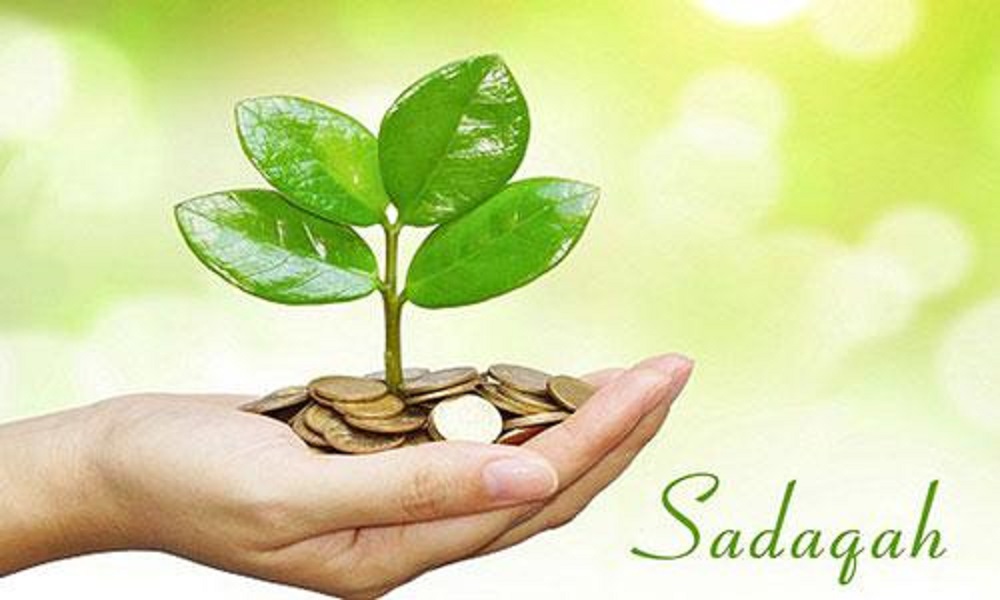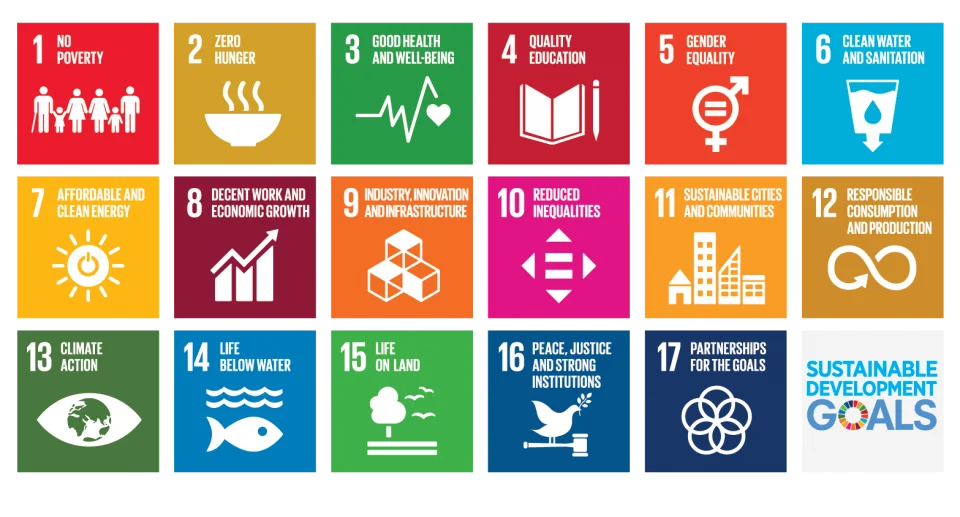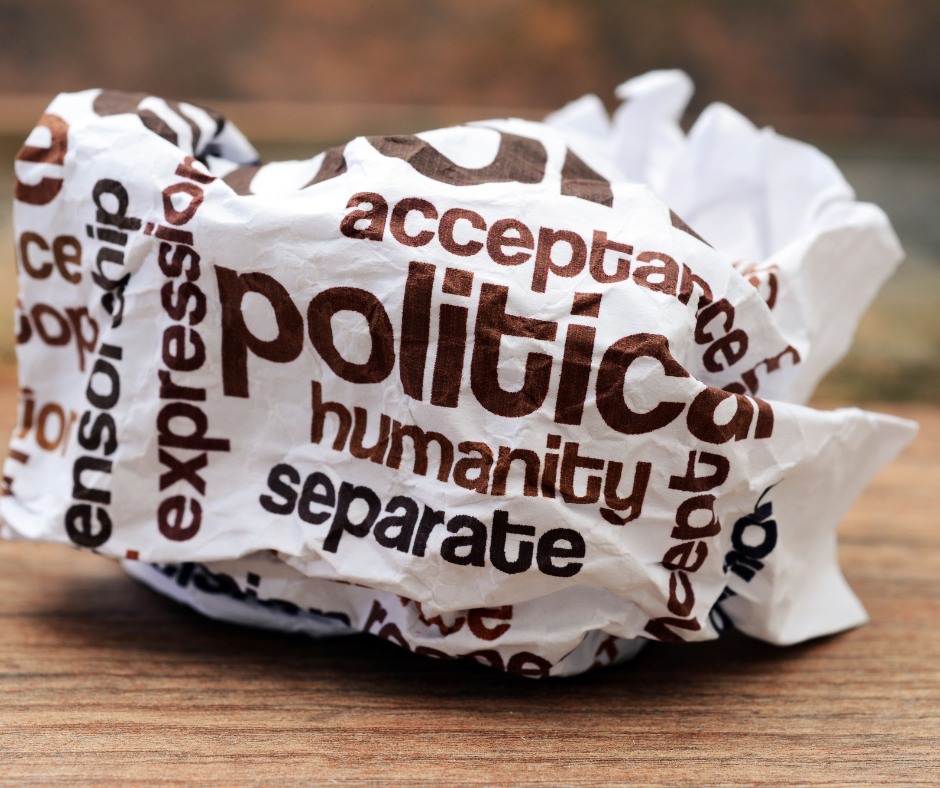Sadaqah, derived from the Arabic word for ‘righteousness,’ holds immense significance in Islam as a form of voluntary charity. Mentioned in over 50 places in the Qur’an, its importance to Muslims cannot be understated.
Acts of Sadaqah encompass various charitable deeds, including donating money to a charity or local food bank, feeding a hungry or fasting person, providing water to a thirsty animal, and even the simple act of smiling, which is considered Sunnah.
However, there is a distinction to be made between Sadaqah and Sadaqah Jariyah. While both are voluntary acts of charity, Sadaqah Jariyah offers ongoing and sometimes everlasting rewards. Examples of Sadaqah Jariyah include teaching someone the Qur’an or knowledge of Islam, planting a tree whose benefits extend to people and animals, and other impactful deeds that continue to benefit others long after they are performed.
The Prophet Muhammad (peace be upon him) emphasized the significance of Sadaqah Jariyah, stating that it continues to benefit a person even after their death. This form of charity, along with beneficial knowledge and virtuous descendants who pray for the deceased, are considered perpetual sources of reward.
Giving Sadaqah can take various forms, including financial donations to reputable charities like Orphans in Need, which utilize contributions to alleviate the suffering of impoverished, struggling, and ill individuals worldwide. Sadaqah can also be expressed through non-monetary acts such as visiting the sick and elderly, helping neighbors, and contributing to community welfare initiatives.
The virtues of Sadaqah are extolled in numerous hadiths, highlighting its role in extinguishing sins, providing shade on the Day of Resurrection, inviting Allah’s blessings, and warding off calamities.
By participating in the Sadaqah Appeal with organizations like VOW-Voice Of Widows, individuals can contribute to the well-being of orphans, widows, and those in need, earning rewards and blessings as per Islamic teachings.







